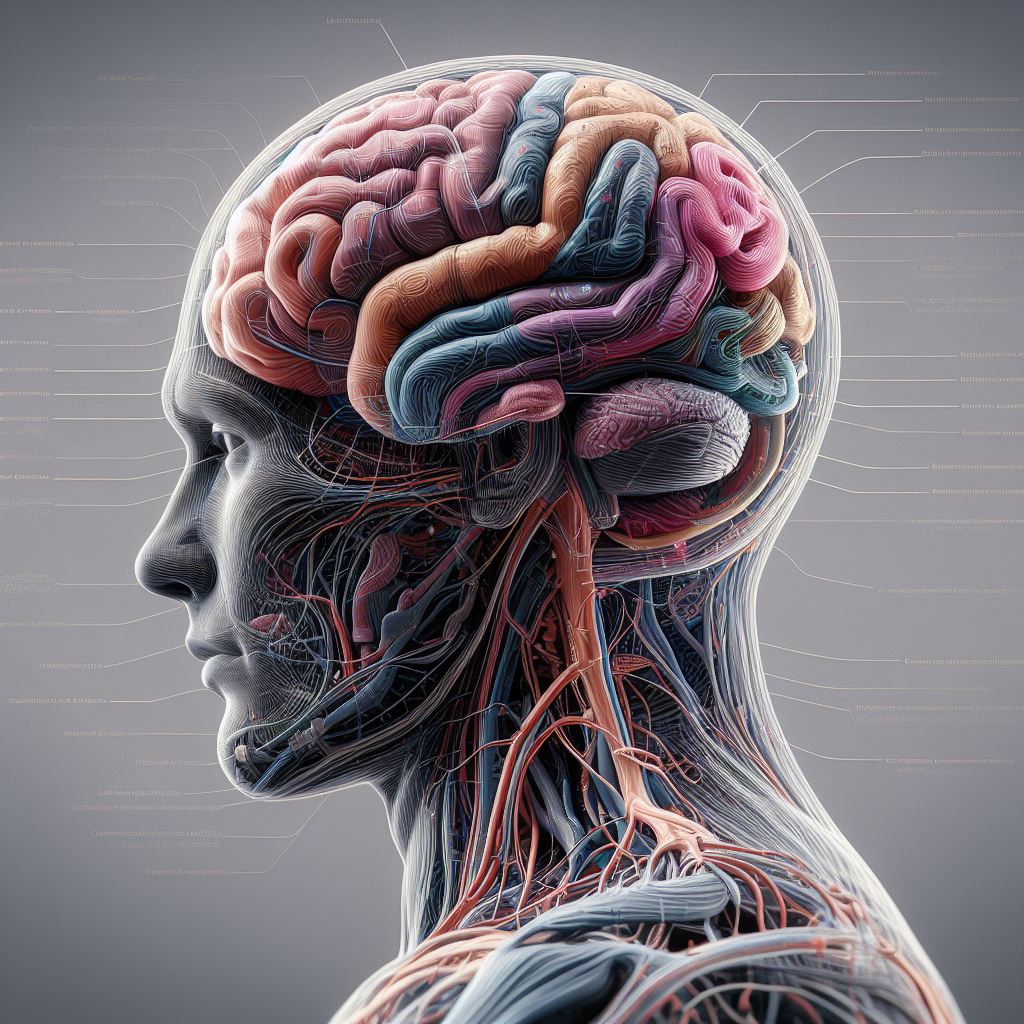New research from the University of Kentucky’s Sanders-Brown Center on Aging provides compelling evidence that the cognitive impairments in patients with long COVID are similar to those in AD and related dementias in many ways.
Their findings were published in the journal Alzheimer’s & Dementia: The Journal of the Alzheimer’s Association.
Findings, reported in Alzheimer’s & Dementia: The Journal of the Alzheimer’s Association, point out a potential common feature of brain diseases occurring in both conditions and might lead to new avenues of research and treatment.
The investigation represented a worldwide collaboration financially made possible by a large number of grants from the U.S. National Institutes of Health, the Alzheimer’s Association, and many other funders worldwide. In addition, the research combined expertise from an array of disciplines within neuroscience.
Researchers from the UK College of Medicine conducted the study. Yang Jiang, Ph.D., is a professor in the Department of Behavioral Science; Chris Norris, Ph.D., is a professor in the Department of Pharmacology and Nutritional Sciences; and Bob Sompol, Ph.D., is an assistant professor in the Department of Pharmacology and Nutritional Sciences. All three have research interest in electrophysiology, neuroinflammation, astrocytes and synaptic functions.
This project benefited greatly from interdisciplinary collaboration,
We had input from experts, associated with the Alzheimer’s Association International Society to Advance Alzheimer’s Research and Treatment (ISTAART), across six countries, including the U.S., Turkey, Ireland, Italy, Argentina and Chile.
Yang Jiang, Ph.D.
Jiang added that the work was also informed by many COVID-19 survivors taking a long-term perspective towards it, trying to make sense of ‘brain fog’ that includes difficulty with remembering, confusion, and problems with focusing.
The slowing and abnormality of intrinsic brain activity in COVID-19 patients resemble those seen in Alzheimer’s and related dementias.
Yang Jiang, Ph.D.
The paper defines the association between these two diseases and shares common biological underpinnings. The commonalities long COVID has with Alzheimer’s are neuroinflammation, activation of astrocytes, and abnormal brain activity: all of which can ultimately lead to severe cognitive problems that badly impede the ability of clear thinking and remembering things.
This could turn out to be huge: COVID-19 potentially triggers Alzheimer’s-like brain changes.
People don’t usually connect COVID-19 with Alzheimer’s disease,,
but our review of emerging evidence suggests otherwise.
Yang Jiang, Ph.D.
This new research, published in Alzheimer’s & Dementia, suggested that the cognitive impairments of COVID-19 presented similar fundamental changes within the brain to those showing evidence of dementia.
Hence, these study results signify the necessity of time-to-time evaluation of brain function in these demographic groups, most importantly by easily available and cost-effective tools such as electroencephalography.
This also proves research that highlights shared features between long COVID and Alzheimer’s disease, raising a pointer for the necessity of more investigations in this direction.
The new insight opens avenues for future research and clinical practice, particularly in studying brain oscillations related to neural biomarkers of mild cognitive impairment in people with long COVID,
Yang Jiang, Ph.D.
Among these, some of the most relevant regard the supportive brain cells, astrocytes, being less addressed than the neurons. It appears now that the injury or stimulation of such a cell in COVID-19 could lead to synaptic impairments that might underpin atypical cerebral activity in both scenarios. This is one of the probable reasons why, in fact, the EEG pattern in COVID-19 resembles that during the early course of neurodegenerative diseases such as Alzheimer’s disease.
The researchers feel this work can directly affect how patients are treated. They are now pushing for the need for regular future EEG tests to pick up early brain changes in COVID-19 survivors and those at risk for cognitive decline.
EEG patterns in COVID-19 patients resemble those seen in early neurodegenerative diseases.
Chris Norris, Ph.D.
Also, Read| Researchers map fifty thousand of the human genome’s cryptic “knots” of DNA
These similarities may be due to shared issues such as brain inflammation, astrocyte activity, low oxygen levels and blood vessel damage.
Bob Sompol, Ph.D.
It might just be possible to enable the detection of individuals at risk by healthcare providers earlier and start those interventions that could prevent or delay cognitive decline.
Owing to further research, the team cited long-term prediction monitoring through EEG among COVID-19 patients and the effectiveness of treatments as an area that interested them.
Source: University of Kentucky – News
Journal Reference: Jiang, Yang et al. “Parallel electrophysiological abnormalities due to COVID-19 infection and to Alzheimer’s disease and related dementia.” Alzheimer’s & dementia : the journal of the Alzheimer’s Association, 10.1002/alz.14089. 29 Aug. 2024, DOI: 10.1002/alz.14089.
Last Modified:







